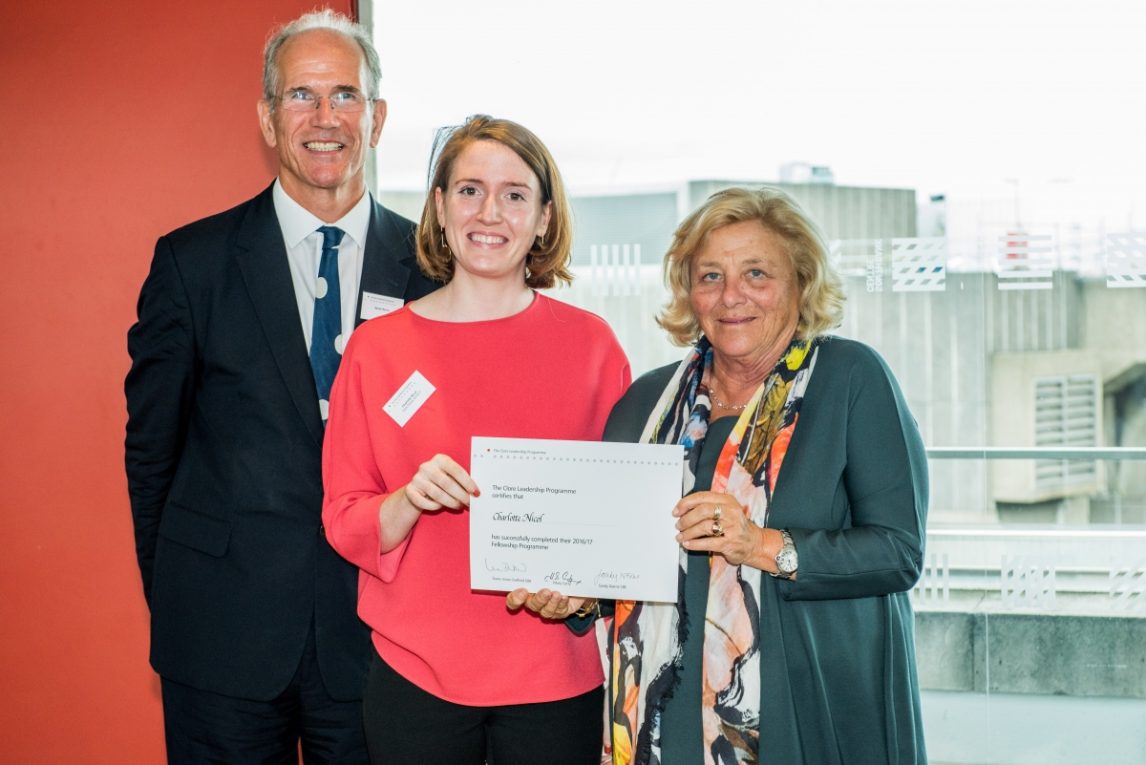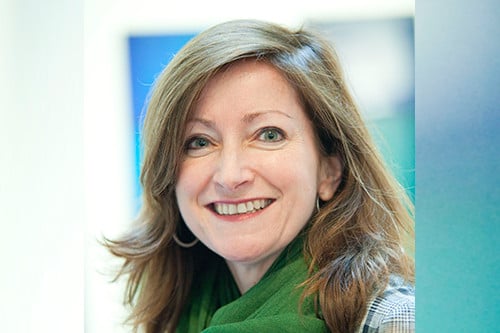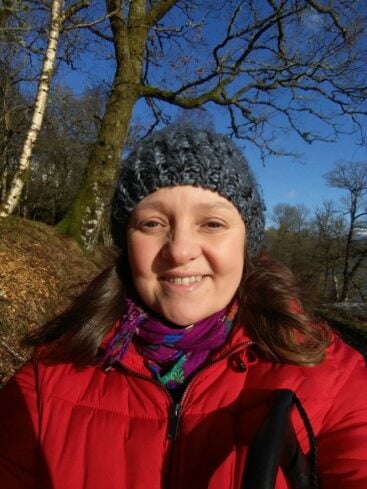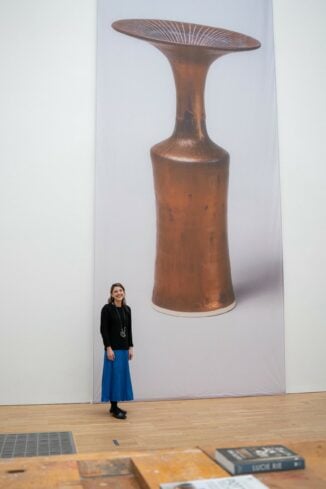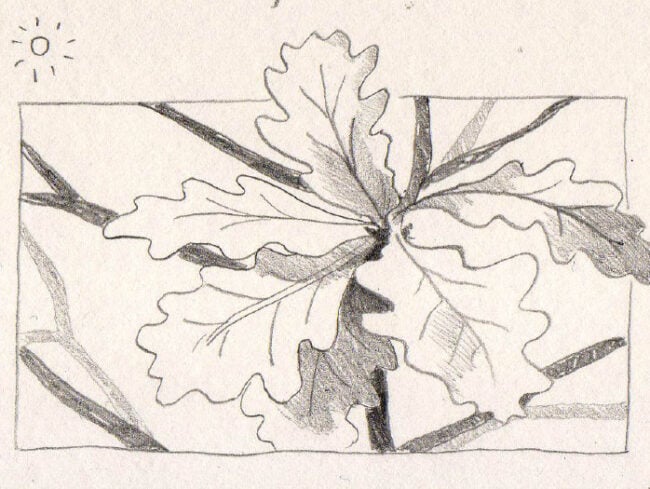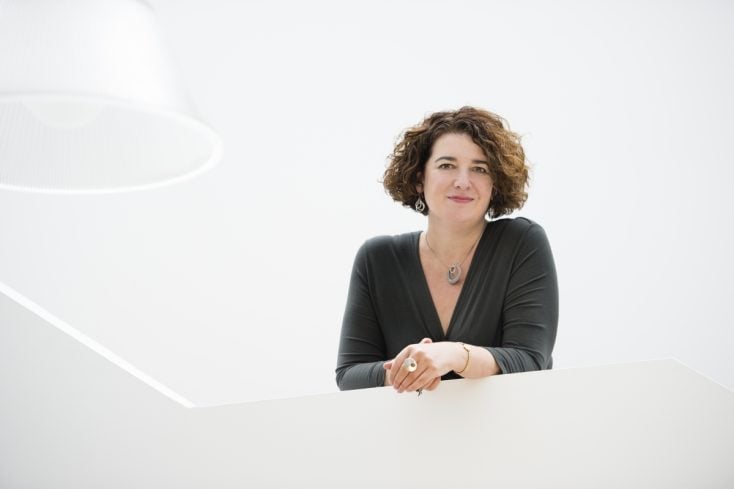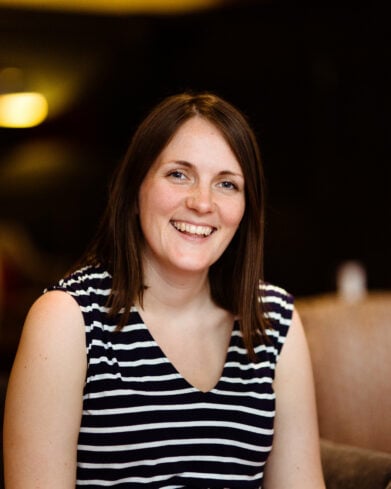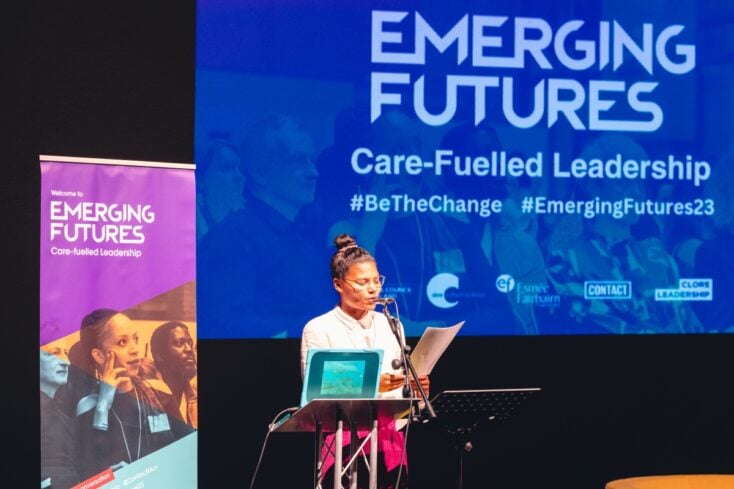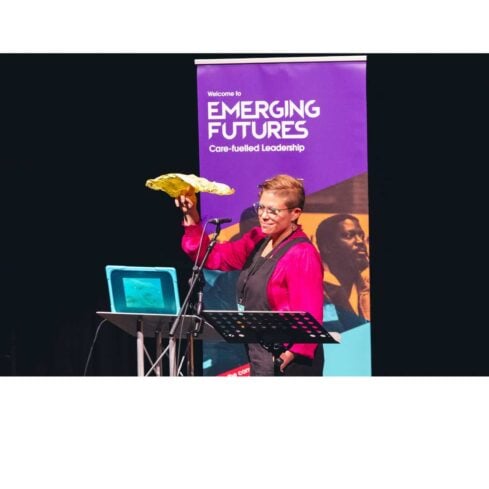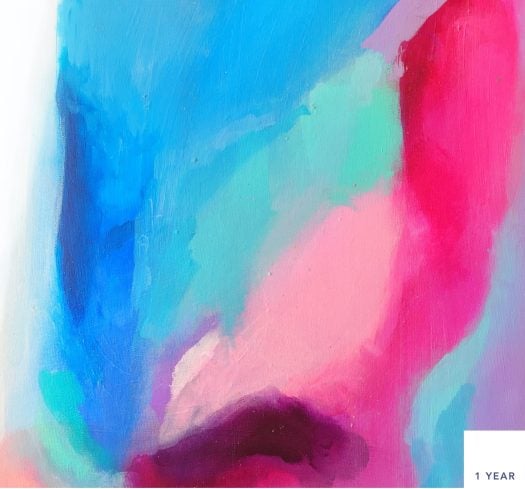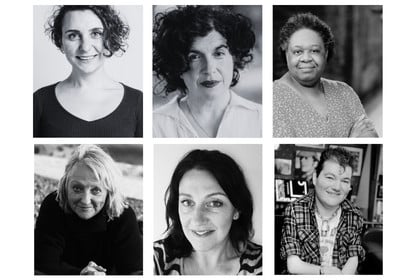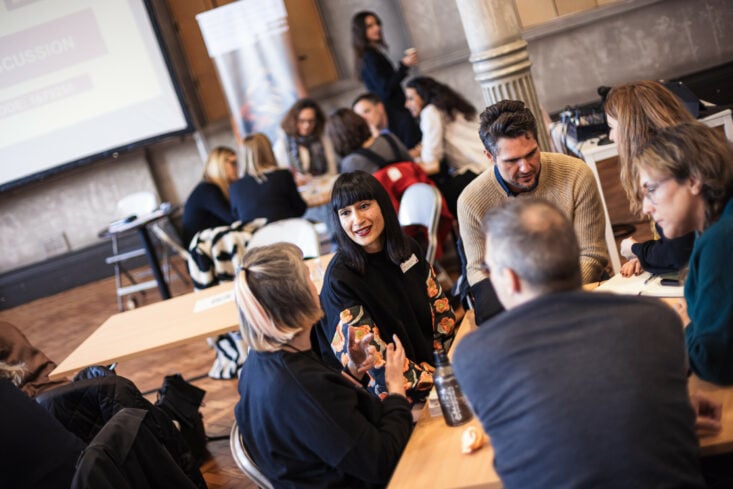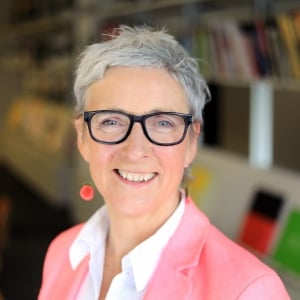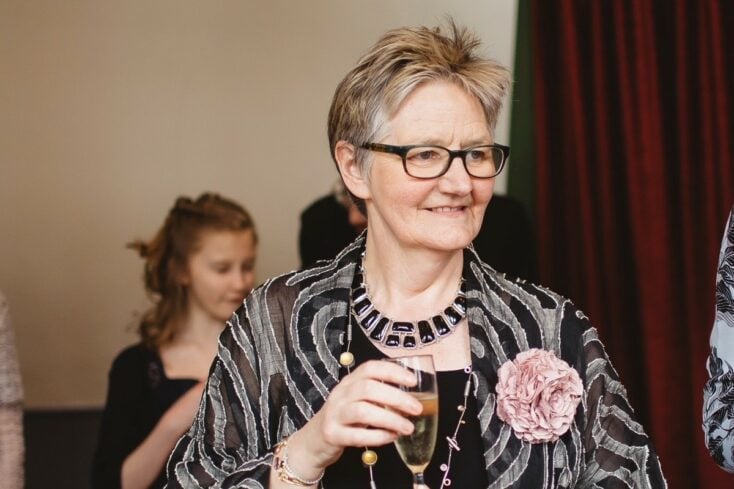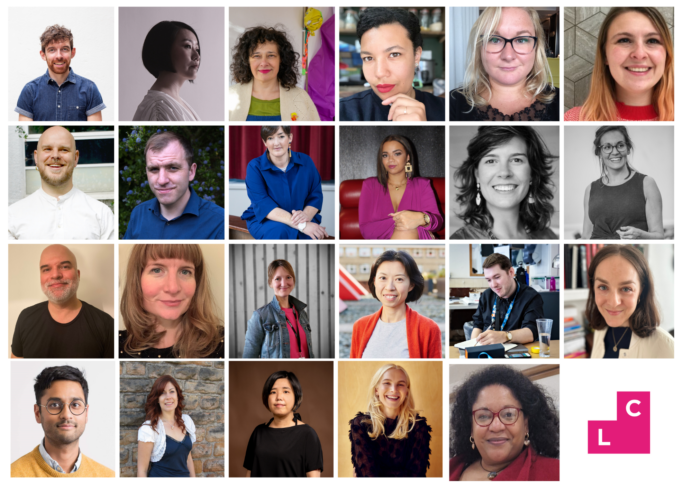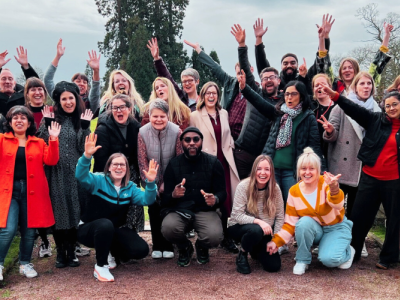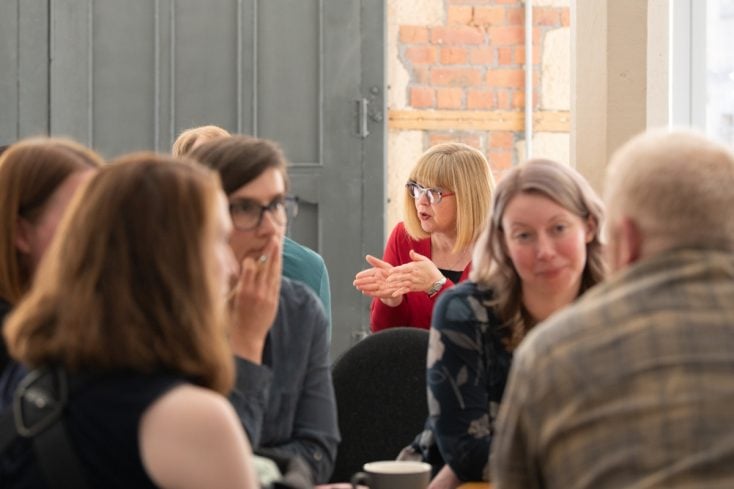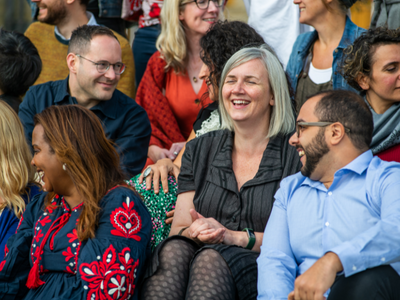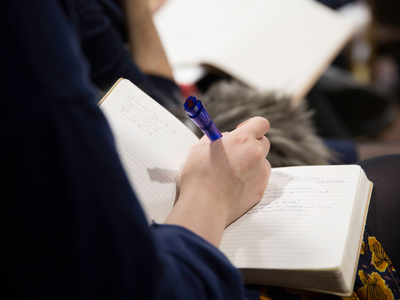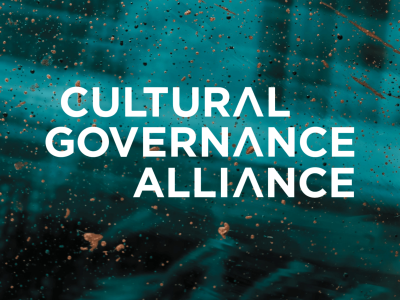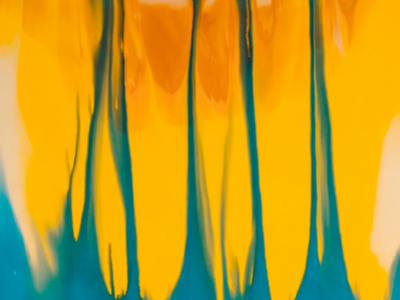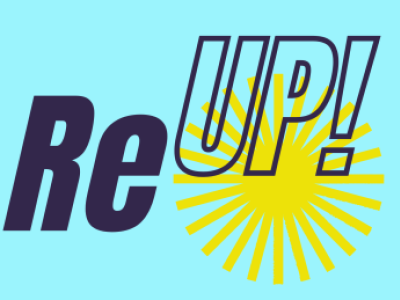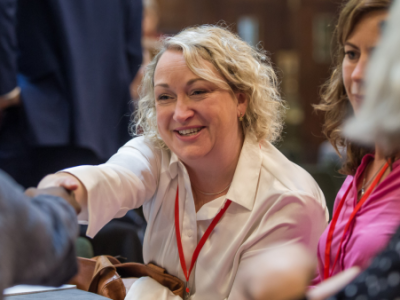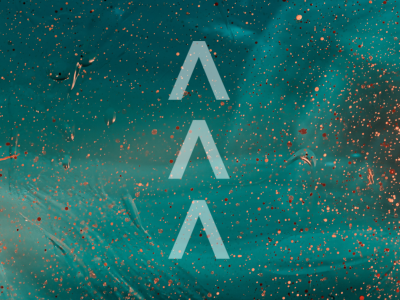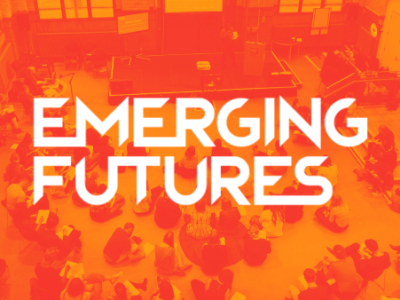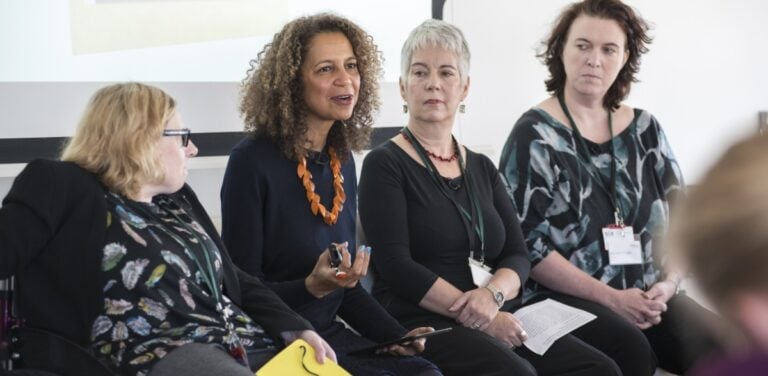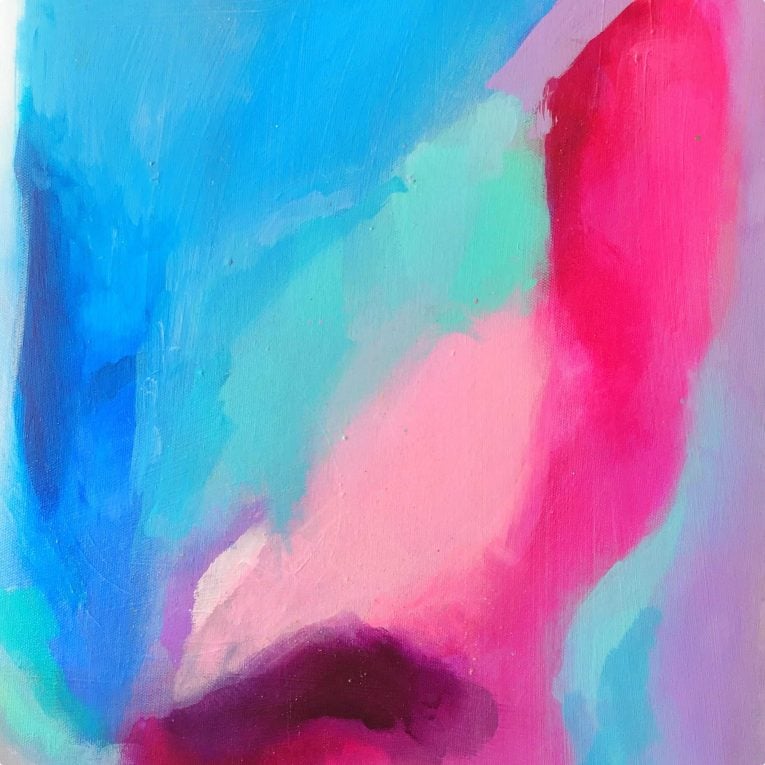Diary of a Clore Fellow: Thirteen Things I Learned on my Clore Thirteen Fellowship
Clore 13 Music Education Hubs Fellow Charlotte Nicol wrote regular reflections on her Fellowship journey as part of our Diary of a Clore Fellow series. In this last one she shares thirteen things she’s learned in her Fellowship year.
From travelling to Mexico City, New York City, Cardiff, Liverpool, Middlesbrough, Manchester, London, and St Helens, to asking Tony Hall (Director General of the BBC) what he liked to do in his spare time, to working with the wonderful Manchester International Festival and making a new set of 27 friends and peers it has been a blast.
As the next cohort of Clore Fellows have just finished their first residential course, I’m finishing my ‘Diary of a Fellow’ series with thirteen things that I’ve learned in the past year.
1) Trust your gut
Many of the speakers at the Bore Place residentials talked to us about the importance of intuition in decision making. In a rapidly changing environment with complex decisions to make, I’ve learned to access my gut feeling as well as data and rationality. Sue Hoyle told us to trust our gut, Jenny Sealey talked about the importance of listening to our intuition, Farooq Choudry said ”it’s this” as he pointed to his stomach. Kwame Kwei-Armah, the newly appointed Artistic Director of the Young Vic, when talking about his job in Baltimore said “I got a feeling in my stomach that I’d done what I came there to do.’ [CN1] . Successful cultural leaders are in tune with more than just the hard facts when making tough decisions. I now make time to sit and be still, I occasionally meditate, and I’m strict about getting enough exercise – after which I feel far more in tune with my own body and fully trust my intuition.
2) Ask and the answer will probably be ‘yes’
I’m naturally optimistic person but even I have been blown away by the generosity of others during the Fellowship. People from halfway across the world have given me hours of their time, strangers have invited me to shadow them, and I’ve come to the conclusion that if you ask, the answer is likely to be ‘yes’. I’ve found that people generally love helping one another.
3) Find out where your gaps are and practice as much as possible
At the beginning of our first residential at Bore Place we had a 360 degree review. The 360 degree review involved rating myself on certain statements such as ‘I am good at taking risks’ and ‘I am strong at public speaking’ comparing my answers to those of five colleagues, who also were invited to make additional comments. The tension in the room as we were handed our extensive feedback in a booklet format was huge. As I read mine I realised that there were certain areas that I needed to work on that could be improved by practicing. I found opportunities to observe and watch others, and practice myself. Eve Poole talks about this in her book Leadersmithing, where she sets out practice, simulation and muscle memory as key elements to becoming a successful leader.
4) Saying no
Saying no is fabulous. It’s saying yes to something else. My favourite way to say no is in three easy steps and is taken from presentation skills guru Sarah Cartwright’s workshop:
- summarise the person’s request
- tell them “I’m going to say no”
- give just one reason if appropriate.
5) Do what ‘makes your heart sing‘
Thank you Sue Hoyle for that beautiful phrase. If I’m deciding to make a big, life-changing decision, I ask myself does it make my heart sing. Similar to trusting my gut, this has been a useful test of what path to take – it’s such a profound question that you can’t really kid yourself into believing something makes your heart sing when it doesn’t. Obviously many day-to-day actions won’t make your heart sing so I keep this one for special occasions!
6) Have walking meetings
I’ve been inspired by Esme Ward, a Clore 13 Fellow’s love of parks, nature and the outdoors. I’ve found that walking meetings (obviously not always appropriate) are a fantastic way to develop new ideas. The conversation flourishes naturally. Getting out of a building and actively finding opportunities to be outdoors has had a huge impact on my ideas and wellbeing.
7) Exercise away the stress
According to Eve Poole, the stress hormone cortisol which in elevated levels can interfere with learning and memory, lower immune function, and increase blood pressure can only be reduced by exercising. I’ve always loved running but now know why it’s so important.
8) Listen
I was lucky enough to undertake the RD1st coaching course which helped me to truly understand the impact of REALLY listening. Most of us are novice listeners, simply bouncing through conversations with our own agendas rather than listening and responding to what other people are saying. During the RD1st training, Deb Barnard said ‘how often are you asked to continue talking during a conversation?’ Of course, the answer is almost never. I now try to create opportunities to hear and learn more from others before I start speaking.
9) Fall like a dancer
I was told by Sue Smith, Victor Fung and Anthony Missen, Clore 13 choreographers and dance artists that the first thing dancers do is to learn how to fall because this enables them to have the confidence to dance without fear. I found this idea so powerful and ask myself what I’d do if I wasn’t afraid of falling.
10) Know your values
I’ve learned to place my values at the heart of everything I do, every decision I make, and every interaction I have. When I first started Clore I of course had values but didn’t really know how to articulate them – I found that coaching really helped me get to the bottom of what I cared about. As my coach, the wonderful Isabel Mortimer repeated things back to me, I found myself excitedly saying ‘Yes! Exactly!’ Figure out what’s important to you because once you do I’ve found everything a whole lot easier. In my first blog I wrote about living the values that I advocate for in my work – this summer I worked with my neighbours to put on a big street party. What started out as two people turned into a party of 50, and although it was a tiny project it felt great to be living my values in the microcosm of my own home and street.
11) Embrace vulnerability
One of the main reasons that the connection between the group of Clore 13 Fellows is so strong is because we allowed ourselves to be vulnerable. Sheryl Sandberg, COO of Facebook advocates for being your ‘whole self’ at work – being a leader isn’t about suddenly becoming a totally different person or ‘putting on a mask’. For me, vulnerability is about having the integrity to know that I don’t have all the answers.
12) Play
I’ve learned the importance of play, adventure, and experimentation. Ije Nwokorie invites children into the Wolff Olins offices to test ideas, and the Watershed’s Pervasive Media Studio has developed Playable city – quite literally injecting play and joy into physical city space. On a personal level, I’ve tried to be more playful in my life as well as my work. This has meant scheduling in time for play and rest, as well as work. Clore 13 Fellow Susanna Chung’s totally inspired me with her embracing of play – rigorously committing herself to play as much as she has to work.
13) Generosity
The most incredible part of the Clore Fellowship has been learning from the other Fellows and the generosity they have shown to me. I’ll finish with a (very small) excerpt from Damian Hebron’s wonderful poem that he recited on the final day of the Fellowship:
”And love, compassion, mission, and love. And again love.”
The Clore 13 cohort has exemplified a generous leadership style that I intend to carry with me – I celebrate others’ success, and will help others just as I have been helped.
My final learning point, thrown in for good measure is to just go for it. To anyone who’s not sure about the Clore Fellowship, google a previous fellow and have a coffee with them (I’m in Middlesbrough now for anyone who is in the North East.) If you apply and you’re not successful, the time might not be right – apply again! If you don’t think you’ll get it and there’s no point in applying – nobody does, just go for it.
Trust me, it’s worth it.
[CN1]Taken from Guardian interview.
Themes Alumni Journeys Coaching & Mentoring Practices of Self Care Qualities of Leadership
